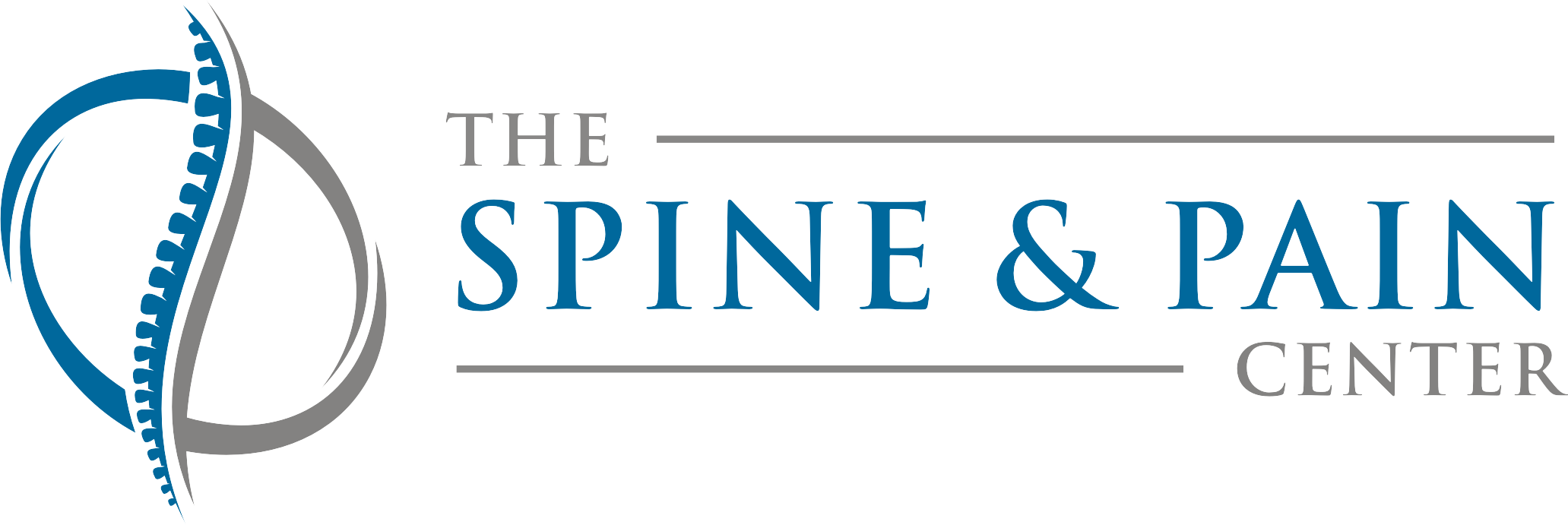Defined
The cervical spine, more commonly called the neck, should move easily with the assistance of vertebrae, intervertebral spinal discs, muscles, and tissues. When a patient experiences pain in the neck pain for more than three months it is considered a chronic condition. Left untreated, neck pain can lead to limited mobility and an inactive lifestyle.
Causes
Aging and natural wear and tear of the cervical spine causes the spinal discs to gradually degenerate and lose volume, often leading the patient to experience pain. This type of pain can be a result of a number of spinal conditions such as a herniated disc, osteoarthritis, spinal stenosis, and more that compress the spinal nerves and cause neuralgia and natural degeneration. Pain in the neck muscles may also be the result of a muscle strain or tension caused by any number of incidents from injury, poor posture, an unnatural sleeping position, heavy lifting, and more.
Symptoms
For each patient, the type and severity of neck pain symptoms vary depending upon the condition. Mobility of the head may be limited with increased pain while twisting or bending of the neck. Frequent headaches and shoulder tightness may also result in pain originating from the neck. It can be constant or only flare-up when a patient moves the neck or develops muscle spasms. Numbness may also occur if an underlying condition compresses the spinal nerves in the neck, or even weakness, and tingling of the upper extremities or pain that shoots down the arms and hands.
Treatments
Rest is sometimes advised to see if the pain subsides if the neck pain is due to an overuse injury or strain. Over-the-counter anti-inflammatory medications and ice can be used to ease the pain. Should more conservative measures not be enough to treat chronic neck pain, the physicians at The Spine & Pain Center may employ a multi-faceted pain management plan. This plan may include a combination of treatments, such as medication management, steroid injections, and nerve blocks. Massage therapy or physical therapy may also be recommended for complete pain relief. For more serious cases, neck pain may need to be treated with minimally invasive surgery.


